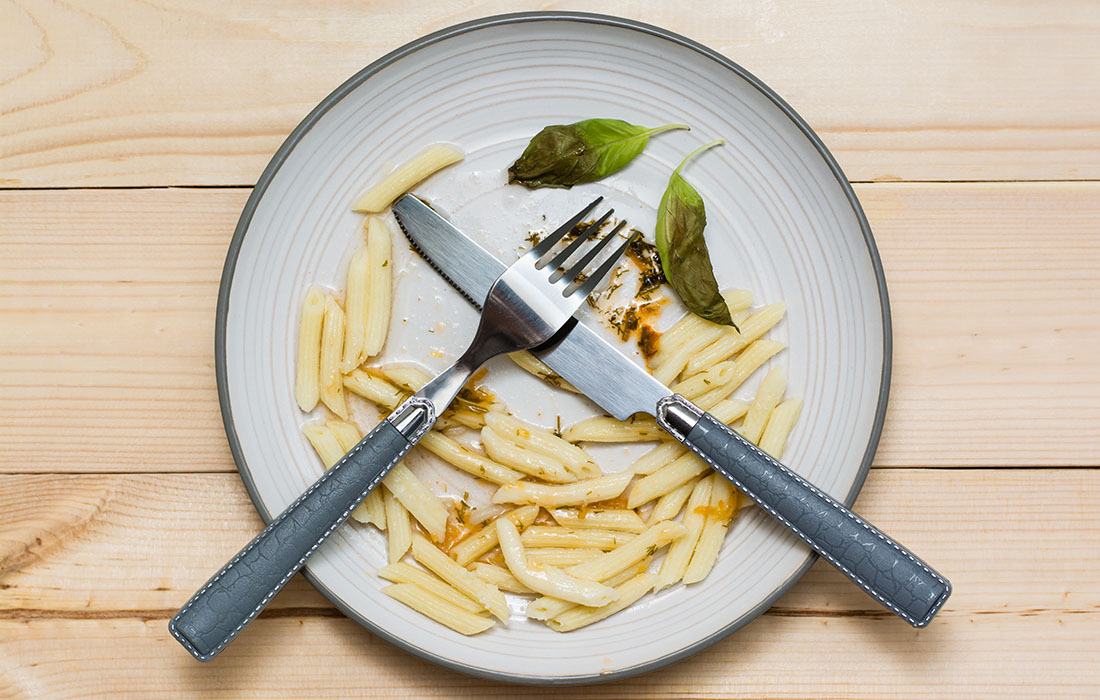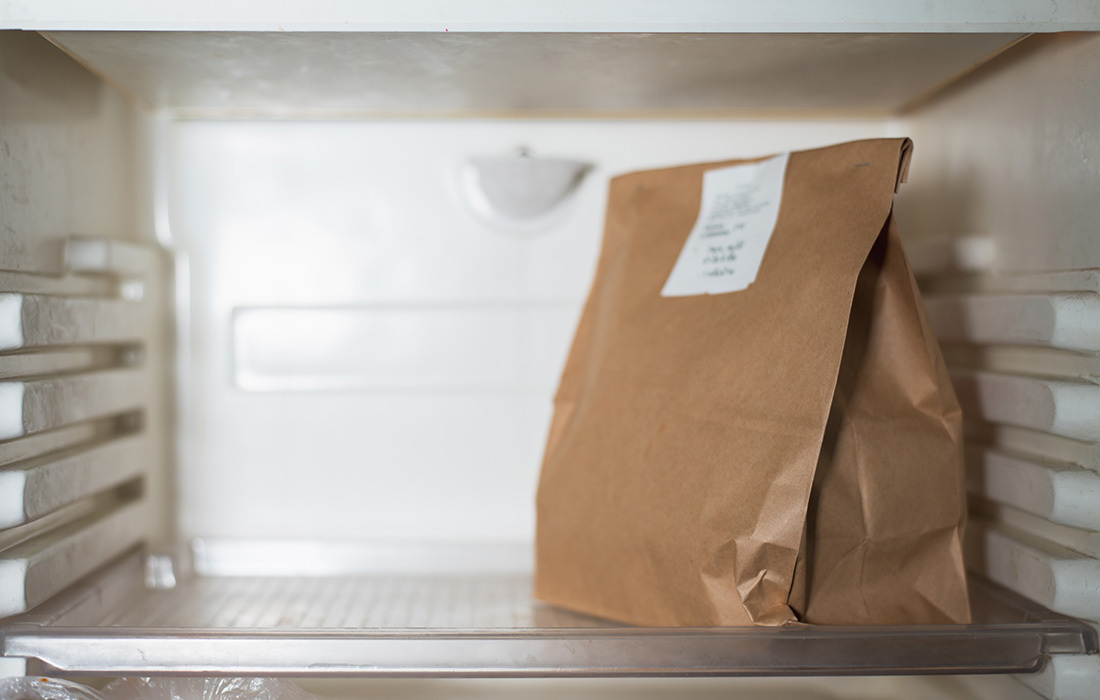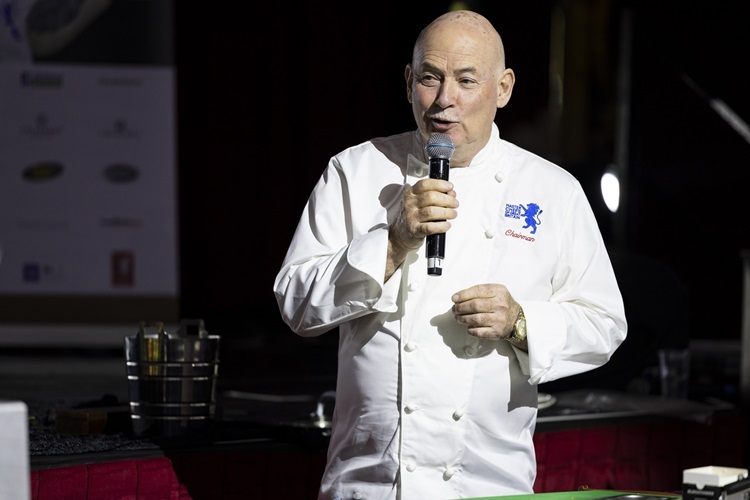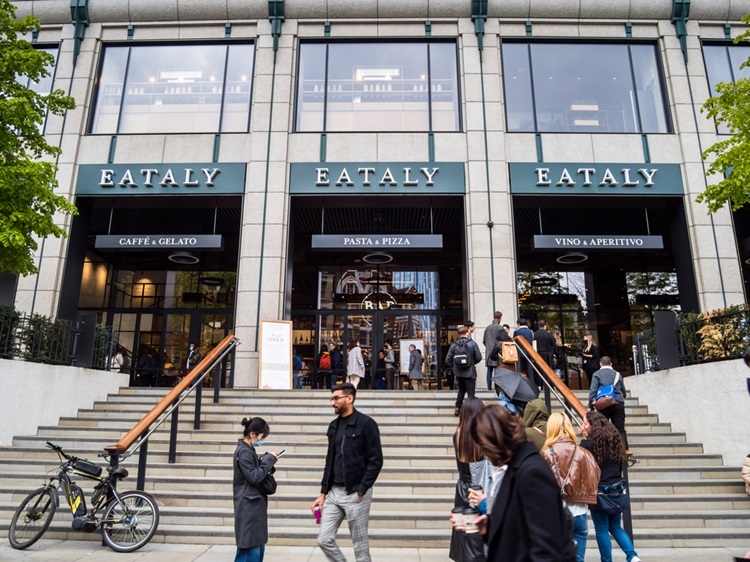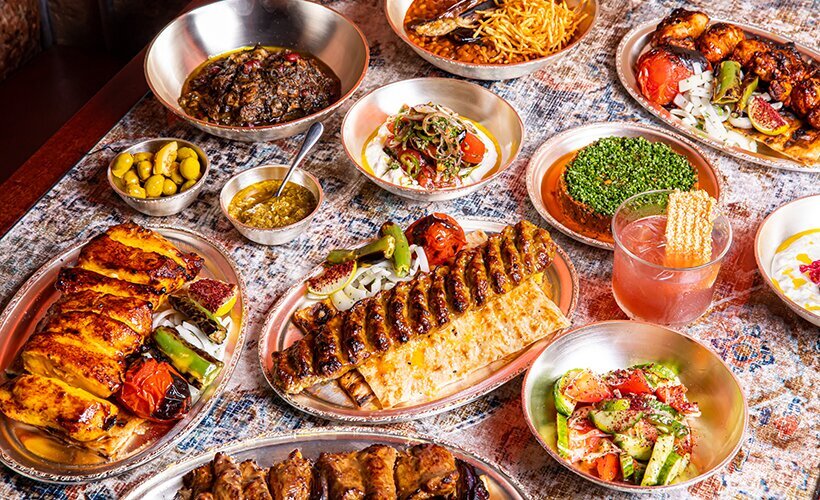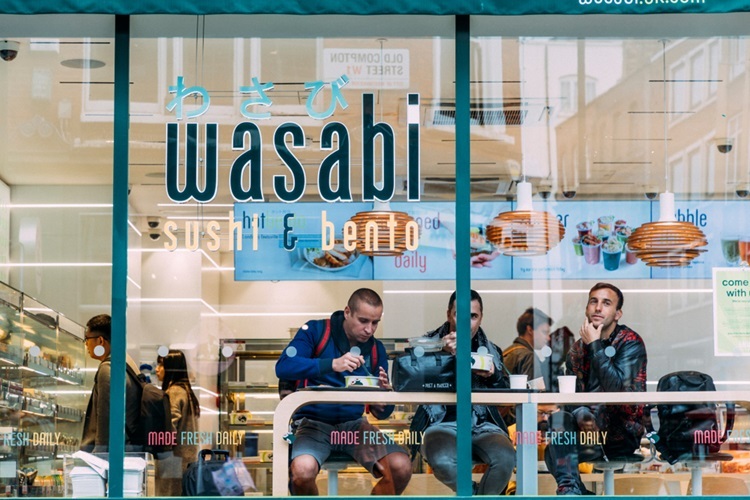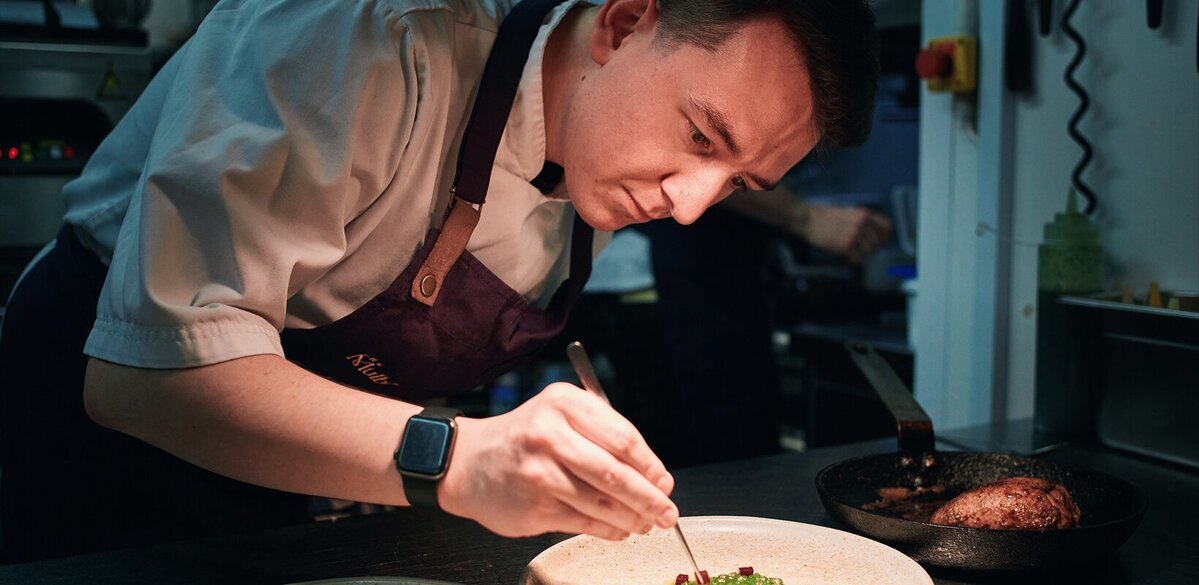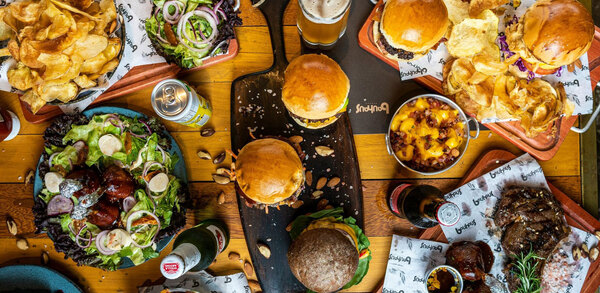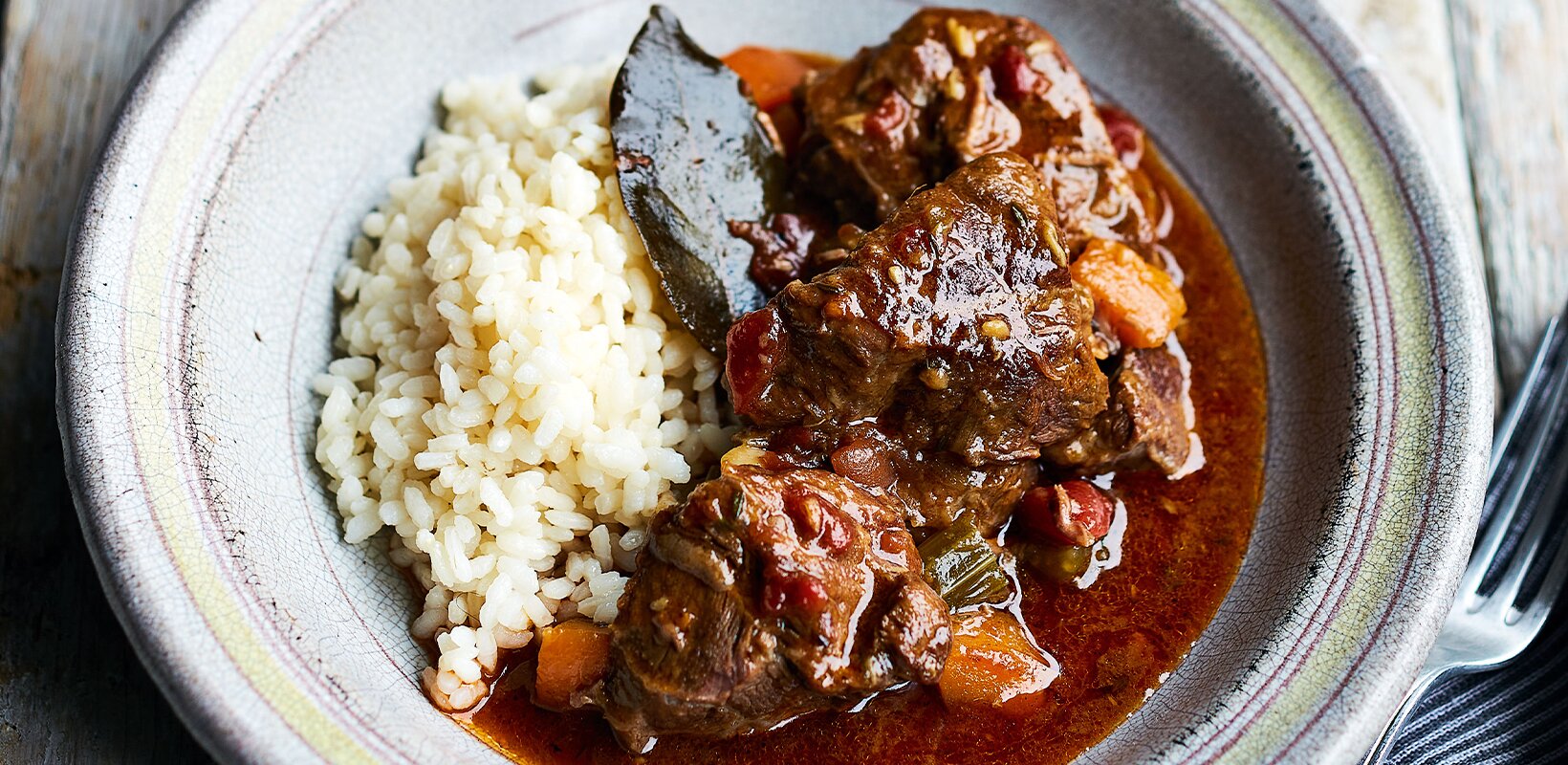6 ways to reduce your food waste
Reducing the amount of food that ends up in the bin is a win for everyone – from saving your business money to helping the planet. Ben Walker reports for Zero Waste Week
At a global level, one third of all the food produced is lost or wasted between farm and fork, while 800 million people go hungry. Rotting food in fields and landfills accounts for 10% of greenhouse gas emissions, and the global economy loses $1 trillion each year.
These intimidating statistics may seem far beyond our control, but food waste has an impact on our everyday lives and hospitality businesses too, from pushing up the cost of produce to creating additional running costs.
It is in all our interests to implement practical ways to reduce food waste. After all, the consequences will only be positive: more efficient and profitable businesses, and a better world.
Find out how you can make positive change for Zero Waste Week (2-6 September 2024).
1. Rethink what goes in the bin
With the cost of ingredients rising, it makes sense to use every edible part. “Anything you don’t throw into the bin is going to translate into profit on the plate,” says Brandon Collins, executive chef for UFS North America. “Cores of cauliflower, broccoli stems, mundane things that we often throw out can be turned into soups. Or perhaps take those stems and slice and pickle them.”
He adds: “One of the things I’ve done with banana peels is dice them really small, mix them with vinegar, sugar and a little bit of jalapeño and then use it over oysters. It became a cool mignonette sauce that brought out the beautiful fruitiness of the banana.”
Similarly, Social Pantry founder Alex Head – who is speaking on The Caterer’s upcoming Sustainability Summit later this month – finds new uses for normally discarded produce by fermenting, preserving or reincorporating them into dishes. For example, half-poured bottles of sparkling wine can be turned into a sharp jelly accompaniment to white chocolate mille feuille.
She adds: “Squeezed lemons from the behind the bar are made into a spent lemon vinegar for use as dressings or even ice-cream. We won’t even allow fish skin to be wasted; it is puffed up into crisp bites as a vessel for our tuna tartare canapés.”
2. Give your staff a good lunch
Well-fed employees are more focused and productive, and offering staff meals boosts morale and enhances team bonding. It’s also a good way to use up leftovers.
Head says: “Our staff lunches are a great opportunity to rethink ingredients that we have surplus of. Every day, we make nutritious meals for our team from elements that might otherwise have gone to waste, whilst also preventing the team having to buy lunch outside that might come with excess packaging. It’s also a fabulous way to bring the team together once a day, fostering a culture of community.”
3. What gets measured gets managed
Businesses should measure their food waste in a consistent way and then set a reduction target. UKHospitality has gathered a range of free resources to help businesses measure and manage their food waste, including a savings calculator.
Another option is to use established commercial software such as Winnow to report and monitor food waste. The system requires 15 minutes of data input per day. Mandarin Oriental Hotel Group plans to roll out Winnow technology to all its 40 hotels by the end of 2025. A recent successful pilot at four hotels, including the London Hyde Park property, resulted in annualised savings of £175,000.
In another example, school caterer Chartwells Independent has saved £13,300 per year by deploying Winnow at St Faith’s School, Cambridge. Peter Burt, general manager at St Faith’s, said: “Communication is key. The team needs to be passionate about reducing food waste, and the data needs to be shared with everyone. Training on Winnow, and all waste management systems, is essential to ensure accurate data collection, which helps in setting realistic targets and achieving them.”
4. Choose suppliers wisely
Reliable suppliers provide high-quality, fresh ingredients that have a longer shelf life, reducing the likelihood of spoilage. They should also be flexible to allow you to adjust your orders based on demand and have sustainable policies.
Social Pantry’s Head says: “Last year we removed some big names from our drinks offering as their poor environmental practices and lack of ethical workers’ rights were not up-to-par with our values. We have replaced them with local brands that prioritise sustainable practices.”
Origin City restaurant in Argyll, Scotland, offers a nose to tail dining experience, with all meat reared on the team’s own 600-acre organic farm. Of course, most operators will not have their own farm close at hand, but you can still source meat from nearby suppliers, choose meats that are in season, purchase whole animals and use every part, or work with butchers to get custom cuts that fit your menu needs and reduce the likelihood of unused parts.
5. Offer a smaller menu, different portion sizes and takeaway
A long menu can slow down service and confuse diners, and it’s inevitable that some dishes will be frozen or low quality, ultimately damaging a restaurant’s reputation.
Smaller menus enable restaurants to optimise their pricing and profit margins. Audrey Crone, executive chef of UFS Ireland, says: “If you have a carefully curated, condensed menu, it makes it easier to manage inventory and minimise the amount of perishable items that go to waste.”
She adds: “If you’re able to reduce the amount of ingredients coming in the back door, then ultimately you’re in a better position to deliver great food.”
Menus designed around seasonal ingredients ensure freshness and reduce waste, while flexible menus that include daily specials can use up surplus ingredients and adapt to different cuts and types of meat, allowing you to use what is available.
Offer smaller portion sizes or half portions to cater to different appetites. Equally, encourage customers to take any leftovers home by providing eco-friendly containers.
6. Sell or give surplus food away
Most businesses will have leftover meals or products, so redistribute your surplus food that is still safe to eat.
Popular redistribution apps include Too Good To Go, which connects businesses directly with consumers. Once users have registered for free, they can browse local food sources that appear on a map – including names like Leon, Greene King, Greggs, Costa and Waitrose – and pay for a “surprise bag” meal at a fraction of the retail cost.
Too Good To Go has attracted 20,000 UK food providers since launching in 2016. Businesses pay an annual subscription fee, which varies depending on the partner, and an admin charge of 25% of each transaction.
Other popular food redistribution apps include Karma, which allows consumers to select and buy discounted individual food items.
The Olio app offers free food to the end consumer, making it effective at clearing out goods with a very short shelf life and limited, or even zero, resale value.
Learn more at the Sustainability Summit
Sign up to The Caterer’s Sustainability Summit, sponsored by Compass Group UK & Ireland and the European Commission, on 19 September to hear more from speakers including:
- Alex Head, CEO & founder, Social Pantry
- Danny Pecorelli, managing director, Exclusive Collection
- Ivan Tisdall-Downes, co-founder and executive chef, Native
- Sue Williams, sustainability consultant, Positive Hospitality



